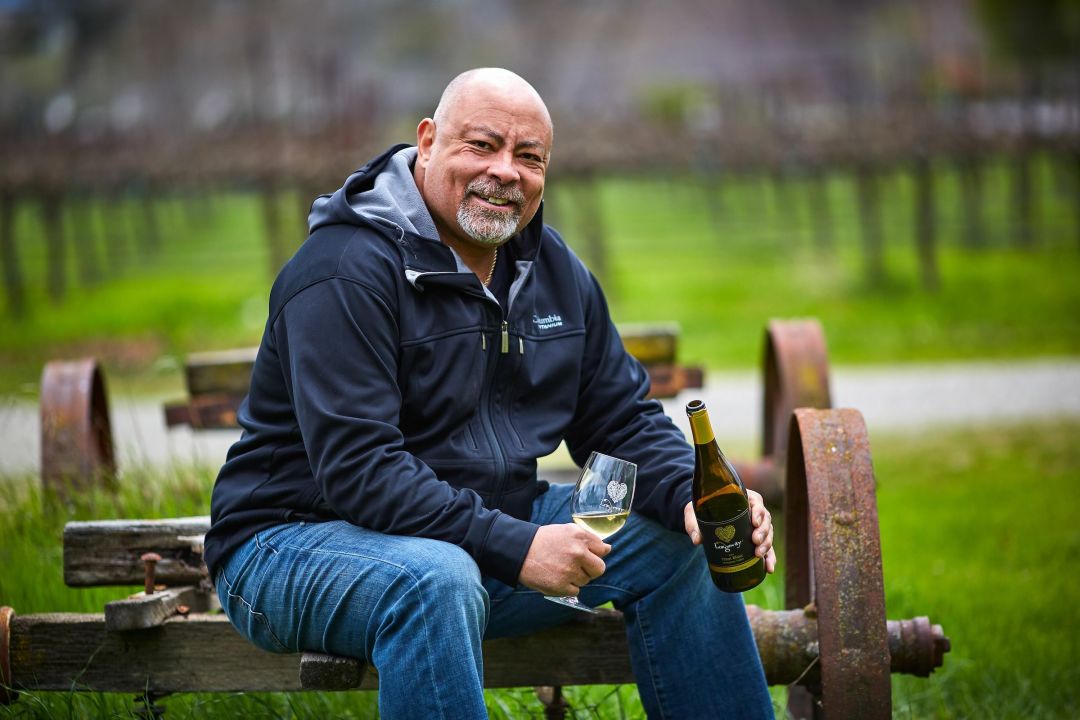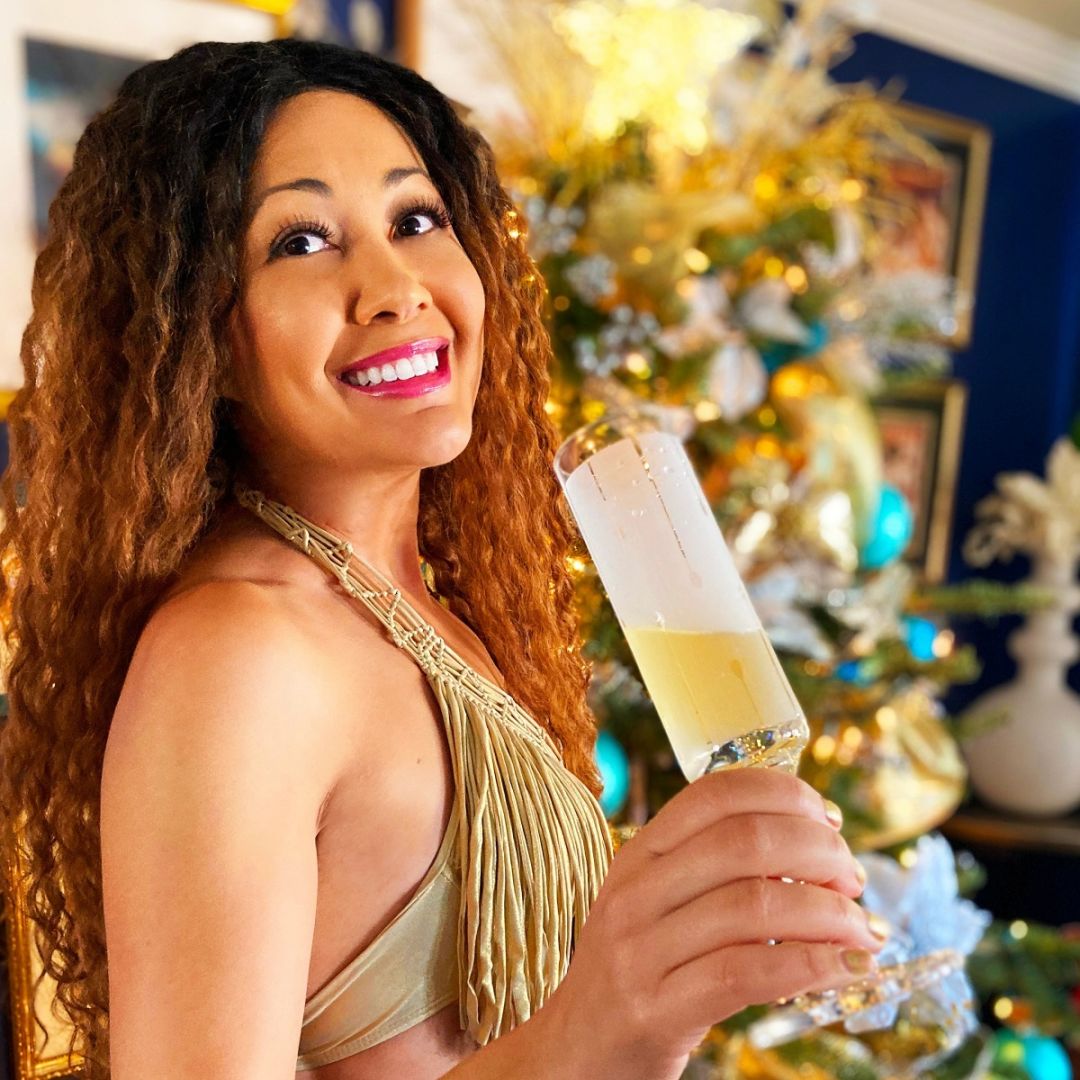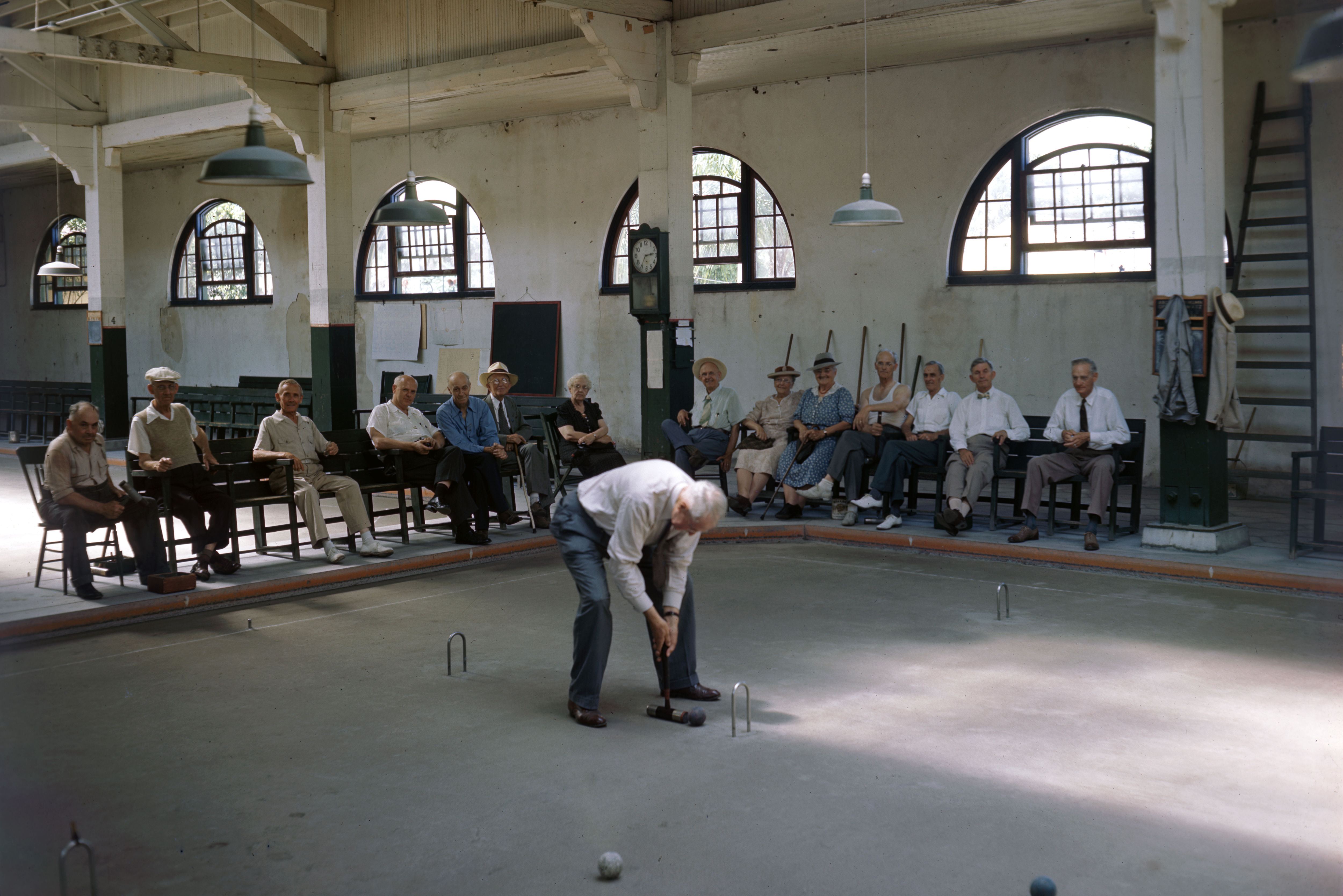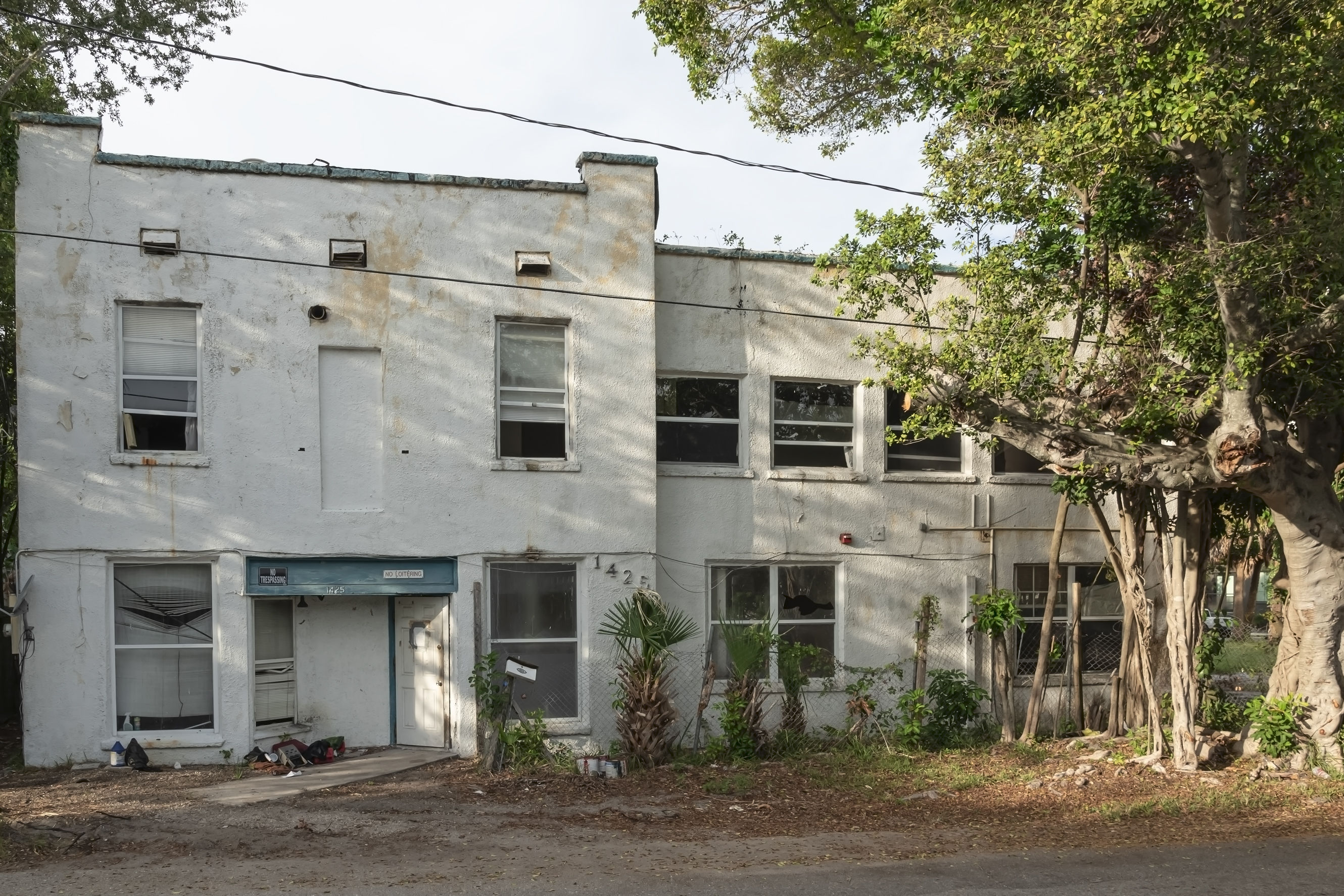African American Winemakers Are Changing the Face of the Wine Industry

Phil Long.
Image: Courtesy Photo
Many African Americans may not consider winemaking a significant part of their cultural heritage, but a number of successful African American winemakers are challenging that assumption. In fact, two recent television series, The Kings of Napa and Grand Crew, focus on African American winemaking families and friends who bond over wine. But those stories are fictitious. To get a more personal feel, I contacted Phil Long. Long is the current president of the Association of African American Vintners, and the owner of Longevity Wines in Livermore, California.
While Long grew up in southern California, his experience with wine was minimal. But after moving to northern California, he found wineries and tasting rooms on every corner. With his wife Debra, who has since passed, Long caught the wine bug and began making wine in his garage.
"We learned by doing and making a lot of mistakes," says Long.
Rather than acquire land and grow grapes, Long contracted to purchase grapes and partner with a winery to crush and ferment to his specifications. His partnerships have flourished, and he is now associated with Bronco Wine Co., one of the top five wineries in America.
Long's wines are full-bodied and rich, and his Debra’s Cuvée rosé is one of the finest I have tasted. He also uses re-insertable corks, similar to those found in port bottles—a great touch. Long says the dearth of African American winemakers is partly the result of restrictive covenants (deeds that prohibited African Americans from buying properties in certain areas) and a lack of funding.

Desiree Noisette.
Image: Courtesy Photo
"Most Black people in this country have little experience with wine," says Desiree Noisette, the founder of Mermosa Wines, headquartered in St. Petersburg.
Before becoming a winemaker, Noisette opened a fashion store named Cerulean Blu Swim & Resort Wear Boutique. She wanted the atmosphere to be relaxed and personal and figured a glass of wine for customers would do the trick. But her experience with locally available wine left her uninspired, so she decided to make her own.
Through research, she connected with Oregon winemaker Joe Dobbes, who taught her how to blend sparkling wines. "I came back to Florida, got a winery license and formulate my wines in the back," says Noisette, who now has national distribution.
Her fashion flair is evident in Mermosa's striking bottle packaging. Her Celestine, a lovely fruity sparkling wine, is named after a slave ancestor, with a backstory that makes for fascinating reading on the Mermosa website. Like Long, Noisette blames restrictive covenants, zoning restrictions and the practice of "redlining" (when the U.S. government refused to insure mortgages in or near African American neighborhoods) for the shortage of African American wineries, but she credits the Association of African American Vintners as a forum for supporting and encouraging African American vintners.
Bob McGinn has spent his entire career in the wine industry—forming wine clubs, working in wine sales marketing and engaging in all facets of the winemaking process, including vine management, fermentation and yeast analysis. He has developed wine programs for companies such as Marriott, Sheraton and Smith & Wollensky, and consults with local restaurants. You can read more of McGinn’s work at gulfcoastwinejournal.com.



